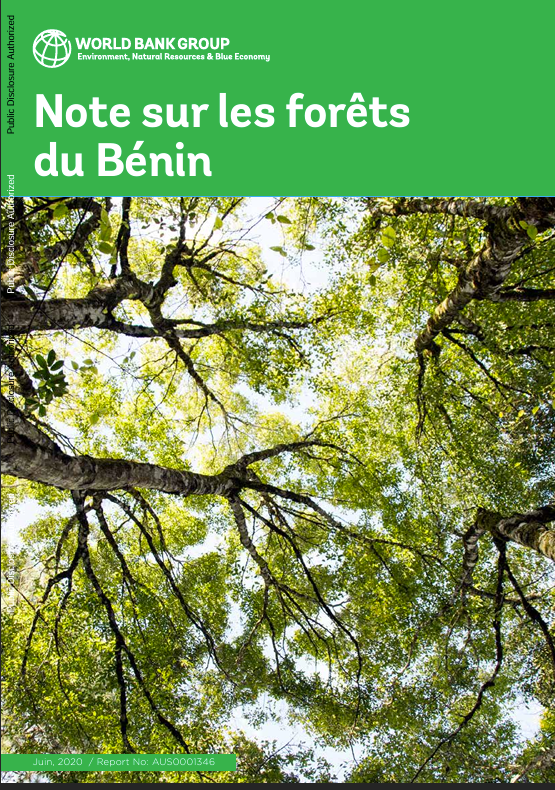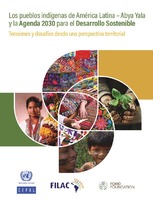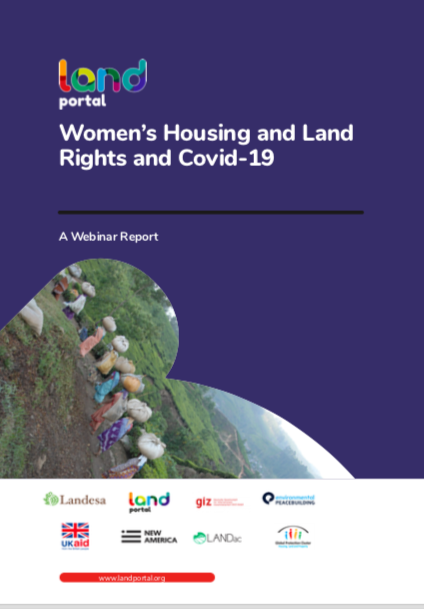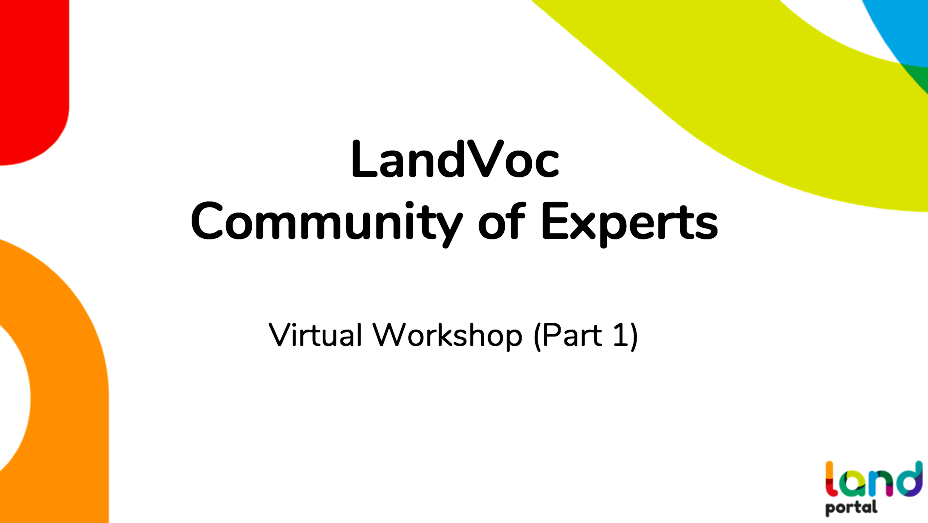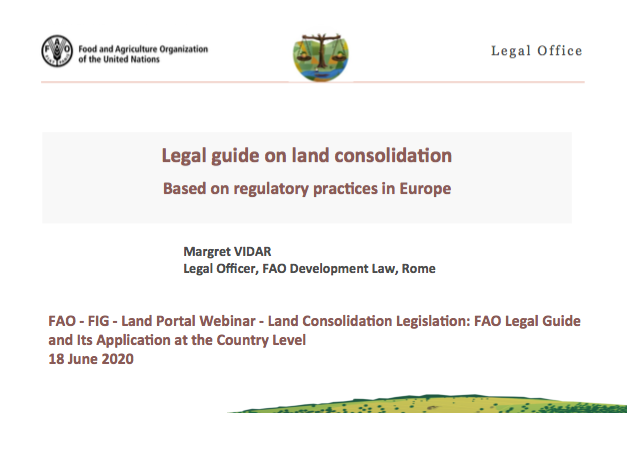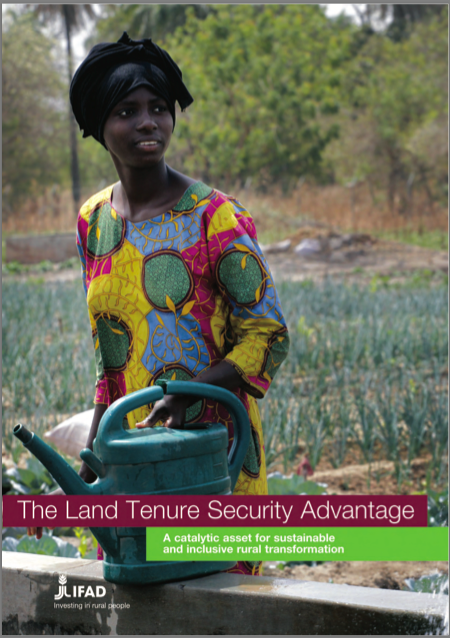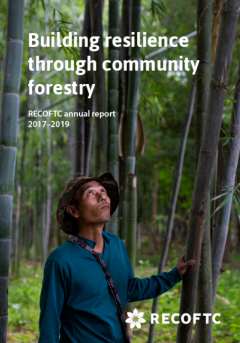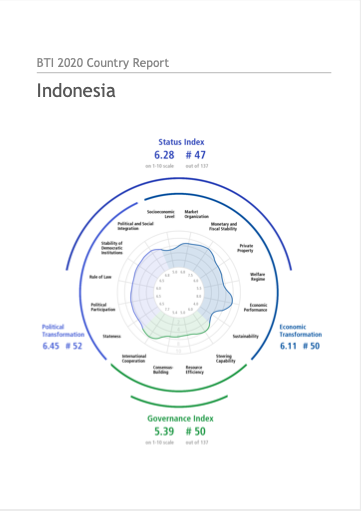Note sur les forêts du Bénin
Les notes-pays sur les forêts constituent une pièce maîtresse du Plan d’action pour les forêts (EX1620) et du Plan d’action sur les Changements Climatiques (2016-2020) du Groupe de la Banque mondiale. Elles fournissent une évaluation approfondie de l’état actuel des forêts, du secteur forestier et des investissements nécessaires pour assurer une gestion durable de cette précieuse ressource naturelle renouvelable.

